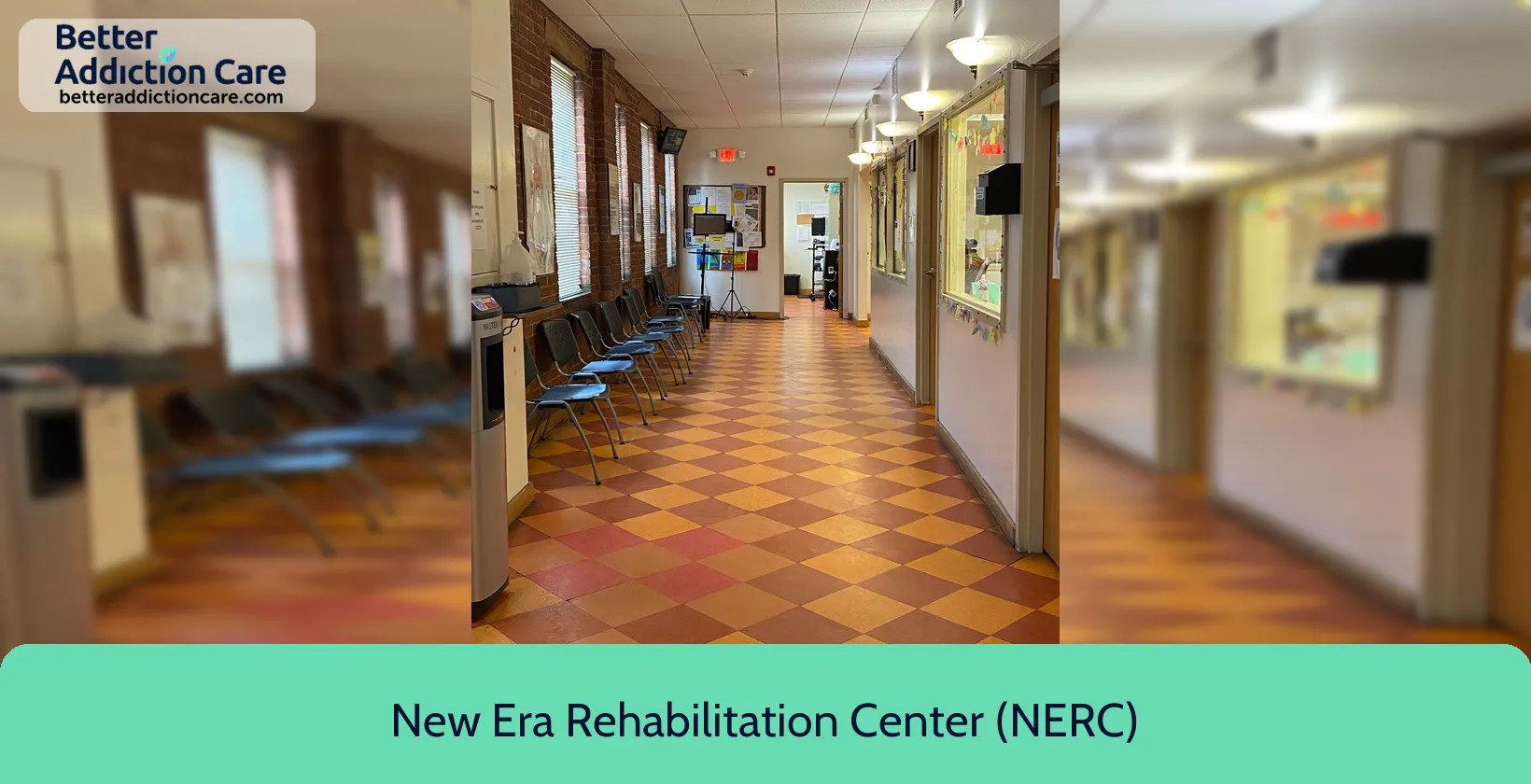Contemporary A Cappella Society (CASA)

Overview
The Contemporary A Cappella Society (CASA) is a nonprofit organization that is dedicated to the global cultivation and advancement of the art of a cappella music. CASA was founded in 1991 in San Francisco by Deke Sharon with the objective of uniting vocal music enthusiasts from around the world. The organization is committed to the promotion of unity, the encouragement of innovation, the celebration of excellence, the sharing of knowledge, and the cultivation of connections within the vibrant a cappella community.
CASA provides a diverse selection of programs and resources that are intended to assist both a cappella performers and admirers. Organization of significant events, including the Boston Sings A Cappella Festival (BOSS) and the Los Angeles A Cappella Festival (LAAF), is one of the organization's main initiatives. These events offer participants the chance to attend workshops, engage in masterclasses, and experience performances by renowned a cappella groups. The global a cappella community has found these festivals to be significant gatherings, as they provide a platform for artistic development and learning.
CASA recognizes excellence in the discipline of a cappella through its awards programs, in addition to its events. The A Cappella Video Awards (AVAs) commemorate creativity and innovation in a cappella videos, while the Contemporary A Cappella Recording Awards (CARAs) honor outstanding achievements in recorded a cappella music. These esteemed awards programs have significantly increased the visibility of a cappella music and have become a symbol of excellence within the community. CASA also offers the a cappella community essential resources, such as directories, concert listings, and online content, to foster engagement, collaboration, and education. Through its diverse programs, initiatives, and resources, CASA remains committed to the development and promotion of contemporary a cappella music, thereby contributing significantly to its global spread.
Contemporary A Cappella Society (CASA) at a Glance
Payment Options
- Cash or self-payment
- Medicaid
- Private health insurance
- Federal, or any government funding for substance use treatment programs
- Payment assistance (check with facility for details)
Assessments
- Screening for tobacco use
- Comprehensive mental health assessment
- Comprehensive substance use assessment
- Interim services for clients
- Outreach to persons in the community
Age Groups
- Young adults
- Adults
- Seniors
Ancillary Services
- Case management service
- Acupuncture
- Child care for client's children
- Domestic violence services, including family or partner
- Early intervention for HIV
Highlights About Contemporary A Cappella Society (CASA)
7.17/10
With an overall rating of 7.17/10, this facility has following balanced range of services. Alcohol Rehabilitation: 8.00/10, Drug Rehab and Detox: 7.23/10, Insurance and Payments: 6.00/10, Treatment Options: 7.46/10.-
Alcohol Rehabilitation 8.00
-
Treatment Options 7.46
-
Drug Rehab and Detox 7.23
-
Insurance and Payments 6.00
Accreditations
State mental health department:
State mental health department accreditation refers to the process of evaluating and certifying the quality and standards of a state's mental health department, ensuring that it provides high-quality services and meets specific criteria for mental health care. The accreditation process is performed by a third-party organization and helps to improve the overall care and treatment of individuals with mental health conditions.
State department of health:

Government agencies issue State Licenses, granting rehabilitation organizations permission to operate their businesses legally within specific geographic regions. The licenses needed for legal operation are typically determined by the type of rehabilitation program offered by a facility and its physical location.
Commission on Accreditation of Rehabilitation Facilities (CARF):

Established in 1966, the non-profit organization known as the Commission on Accreditation of Rehabilitation Facilities (CARF) has a dedicated focus on accrediting rehabilitation organizations. CARF's primary mission is to assist service providers, particularly rehabilitation facilities, in upholding and promoting the highest standards of care.
SAMHSA certification for opioid treatment program (OTP):
Accreditation by the Substance Abuse and Mental Health Services Administration (SAMHSA) for Opioid Treatment Programs (OTPs) signifies that a program has met strict standards for providing high-quality care to individuals with opioid use disorders. It assures patients, families, and communities that the OTP follows evidence-based practices, employs qualified staff and maintains a safe and effective treatment environment. This accreditation reflects the program's commitment to addressing the opioid epidemic and promoting recovery.
Drug Enforcement Agency (DEA):
DEA accreditation refers to the process by which a law enforcement agency is recognized by the Drug Enforcement Agency (DEA) as having met specific training, operational, and resource requirements necessary to participate in DEA-led drug enforcement efforts. This accreditation allows the agency to perform DEA-related tasks such as conducting investigations, executing federal search warrants, and participating in joint task forces.
Treatment At Contemporary A Cappella Society (CASA)
Treatment Conditions
- Alcoholism
- Mental health treatment
- Substance use treatment
- Co-occurring Disorders
Care Levels
- Outpatient
- Outpatient detoxification
- Outpatient methadone/buprenorphine or naltrexone treatment
- Outpatient day treatment or partial hospitalization
- Intensive outpatient treatment
Treatment Modalities
- Cognitive behavioral therapy
- Telemedicine/telehealth therapy
- Substance use disorder counseling
- Trauma-related counseling
- Smoking/vaping/tobacco cessation counseling
Ancillary Services
Languages
- Spanish
Additional Services
- Pharmacotherapies administered during treatment
- Mentoring/peer support
- Breathalyzer or blood alcohol testing
Special Programs
- Clients with co-occurring mental and substance use disorders
- Criminal justice (other than DUI/DWI)/Forensic clients
- Pregnant/postpartum women
- Clients with HIV or AIDS
- Clients who have experienced trauma
Get Help Now
Common Questions About Contemporary A Cappella Society (CASA)
Contact Information
Other Facilities in New Haven

7.49

7.80

6.53

6.62

7.52

7.46

7.43

6.68
Browse rehab centers near New Haven and in other cities across Connecticut
DISCLAIMER: The facility name, logo and brand are the property and registered trademarks of Cornell Scott Hill Health Center - Wilmot Crossing, and are being used for identification and informational purposes only. Use of these names, logos and brands shall not imply endorsement. BetterAddictionCare.com is not affiliated with or sponsored by Cornell Scott Hill Health Center - Wilmot Crossing.
